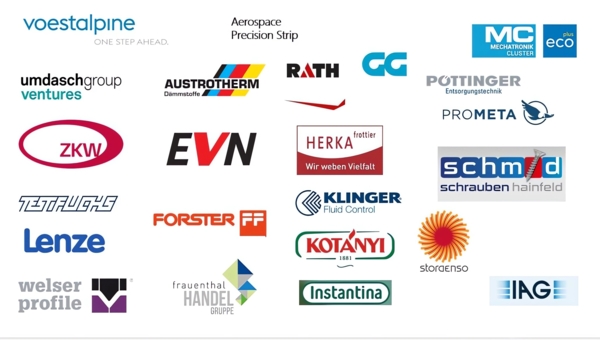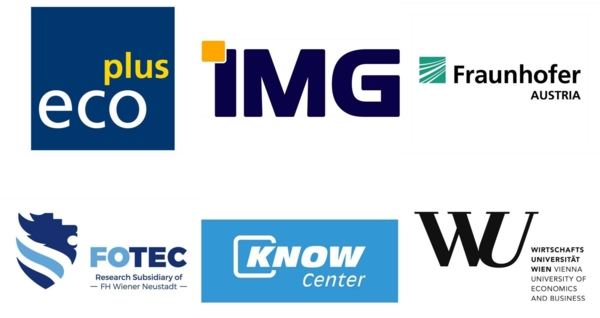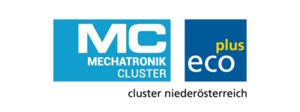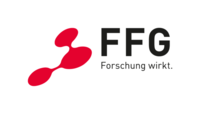Asset tracking to optimize processes within companies and along the supply chain.
Background
"Asset tracking" is the umbrella term for automated tracking of products, load carriers (e.g.,pallets), tools, goods, etc., both within and outside of factories and even throughout the supply chain in some cases. Such tracking systems aid in enhancing production efficiency and monitoring increasingly interconnected value chains.
Project Content
Asset tracking offers companies advantages in tasks such as resource planning, inventory management, and supply chain optimization. Many other application areas are conceivable, but to determine whether certain innovations are practical, they need to be tested. For a company to adopt a new technology, it must not only prove its usefulness but also justify the investment and provide a competitive advantage. During the LogiTRAAK project, we are developing an approach model that considers these aspects. It will aid decision-making by estimating how asset tracking applications can be successfully implemented. We are also investigating various use cases for asset tracking with our corporate partners to explore the opportunities they present. Furthermore, we place great emphasis on sustainability analyses, focusing on both ecological and social aspects.
Goals
The overarching goal of the project is to develop track and trace technologies that companies can profitably use for their purposes. Unlike previous projects, we take a more holistic approach, rather than focusing solely on individual use cases. This means that, in addition to technology and data analysis, we give significant importance to economic viability and sustainability. Below are our research priorities and the advantages we see in using asset tracking:
- Improved product lifecycles: Asset tracking enables tracking the lifecycle of a product. When companies know when and how often a product needs repair or replacement, they can take appropriate measures to extend its lifespan.
- More recycling and reuse through better traceability: Asset tracking can help handle physical assets more carefully, minimize resource waste, and promote recycling.
- Increased transparency: Asset tracking increases transparency in the supply chain, enabling more effective and sustainable resource management.
- Improved efficiency and reduced ecological and social impacts: Asset tracking can detect inefficient processes (e.g., redundant or superfluous pathways, high search times) and help to reduce them. This leads to economic (e.g., savings), ecological (e.g., lower energy consumption, fewer emissions due to reduced pathways), and social (e.g., working conditions, employee workload) benefits.
Methodology and Research Areas
The major pillars of the project are sensor-based data collection, data analysis and modelling, as well as sustainability and economic assessments.
- Sensor-based Data Collection: We develop and implement systems that determine the location and condition of assets (i.e., goods, products, and their components, etc.).
- Data Analysis and Modelling: We employ analytical approaches and modelling techniques to detect patterns and trends in the data, paving the way for making forecasts. A challenging issue is ensuring the secure transmission of data throughout the value chain. The idea is to create added value without disclosing confidential information.
- Sustainability and Economic Assessments: We look at how asset tracking can be used economically, depending on the application, and how it might lead to more sustainable production conditions. We use the data gathered to assess and quantify environmental impacts, social conditions, efficiency gains, and cost savings. Additionally, we identify data necessary for implementing a Digital Product Passport and a circular economy.
We also create an environment that fosters cross-learning effects within and between companies.
Results
The project outcomes support Austrian companies in streamlining their business processes – encompassing large parts of the value chain such as production, logistics, supply chain management. Each partner company in the project receives a functioning prototype for a specific use case in the field of asset tracking. This prototype is based on feasibility study and does not meet the requirements (and technology level) for immediate integration into the production environment. Aside from gaining technical expertise participating company also acquire essential knowledge about national and international regulations such as the EU Green Deal, the Sustainable Development Goals (SDGs), and supply chain due diligence.
Organisations involved
Research Partners
Funding
You want to know more. Feel free to ask.
Digital Technologies Research Group
Institute of Creative\Media/Technologies
Researcher
Digital Technologies Research Group
Institute of Creative\Media/Technologies
Department of Media and Digital Technologies
- Wirtschaftsuniversität Wien
- IMG Consulting
- Fraunhofer Austria Research GmbH
- Fotec FH Wiener Neustadt
- Know Center
- voestalpine
- umdaschgroup ventures
- ZKW Group GmbH
- Testfuchs
- Lenze
- welser profile
- Aerospace Precision Strip
- AUSTROTHERM
- EVN
- FORSTER FF
- frauenthal HANDEL GRUPPE
- RATH
- GG
- HERKA frottier
- KLINGER Fluid Control
- KOTANYI
- Instantina
- MC MECHATRONIK CLUSTER
- eco plus
- POTTINGER Entsorgungstechnik
- PROMETA
- schmid schrauben hainfeld
- storaenso
- IAG





